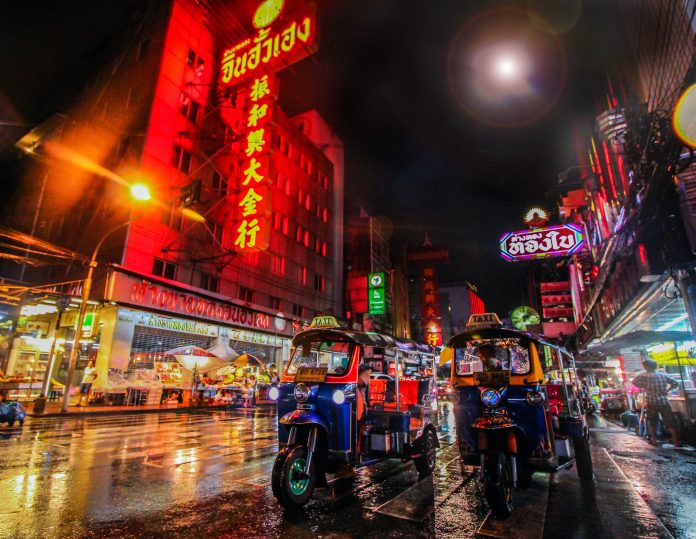Thailand’s freshly appointed Prime Minister, Srettha Thavisin, firmly dismissed the possibility of endorsing recreational cannabis use in the country, a stance he underscored in a recent interview with Thai news portal, The Standard.
Despite the thriving cannabis industry, which emerged robustly following last year’s controversial decriminalisation, Thavisin intends to limit its use to medicinal purposes under his tenure.
Taking up the mantle of leadership amidst a period of political turbulence, with his appointment coming despite his party not securing the most seats in the parliament, Thavisin remains steadfast in his conviction. “Cannabis policy will be medical cannabis. On recreational use, I do not agree with that”, he remarked, expressing concerns that embracing recreational use could potentially escalate into broader narcotic issues within society.
In June 2022, the previous coalition government took a decisive step by removing certain parts of the cannabis plant from the narcotics list, making Thailand the pioneering nation in Southeast Asia to decriminalise cannabis.
This move was perceived as a strategic tactic to rejuvenate the tourism-dependent economy, which was severely battered by the pandemic.
The University of the Thai Chamber of Commerce forecasted that the market might burgeon to a value of $1.2 billion (€2.34 billion) by 2025.
Under Thavisin’s direction, the Thai government aims to bolster domestic spending and revive the sluggish economy, which is the second largest in Southeast Asia.
This week, the Prime Minister, who is also at the helm of the finance ministry, unveiled a range of economic policies to spur consumption and spending, a centrepiece of which is a 10,000 baht giveaway to every citizen via digital wallets, expected to substantially elevate domestic spending.
As Thavisin steers the nation through this pivotal phase, it remains to be seen how the thriving recreational cannabis industry, projected to be worth up to $1.2 billion in the upcoming years, will fit into Thailand’s evolving socio-economic landscape.


